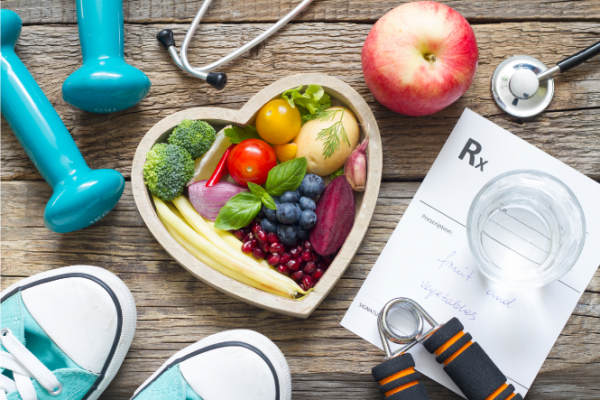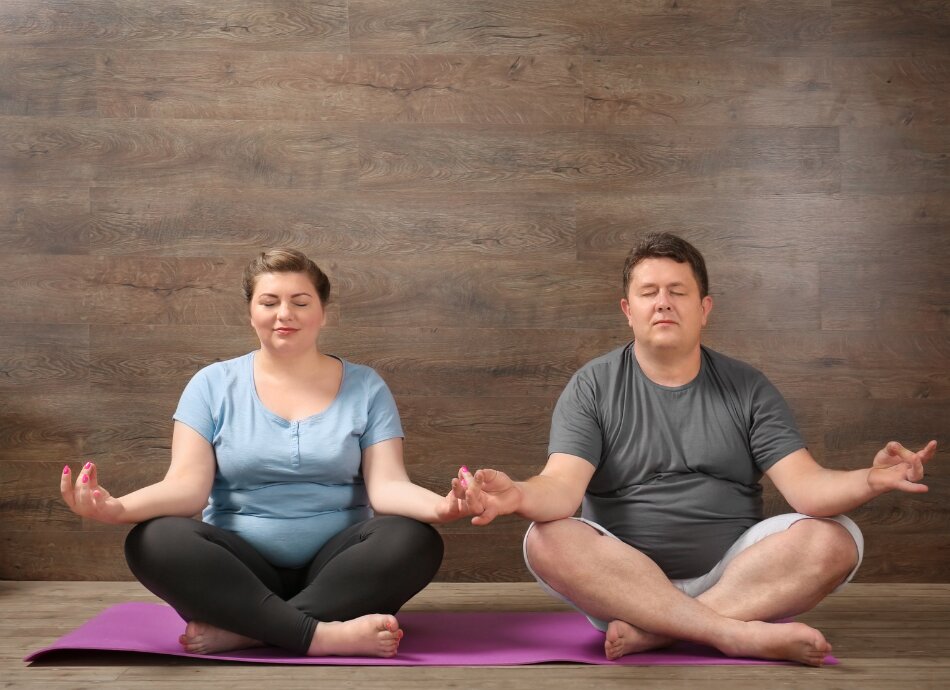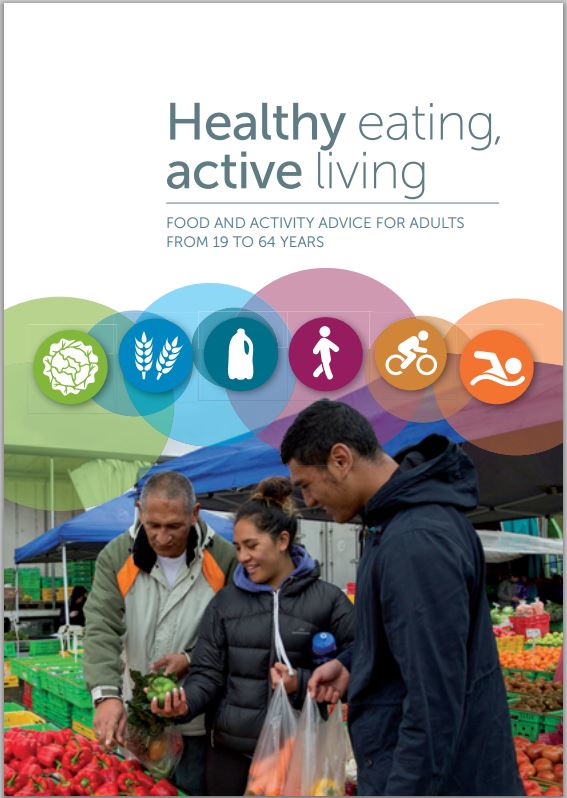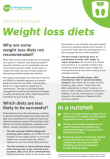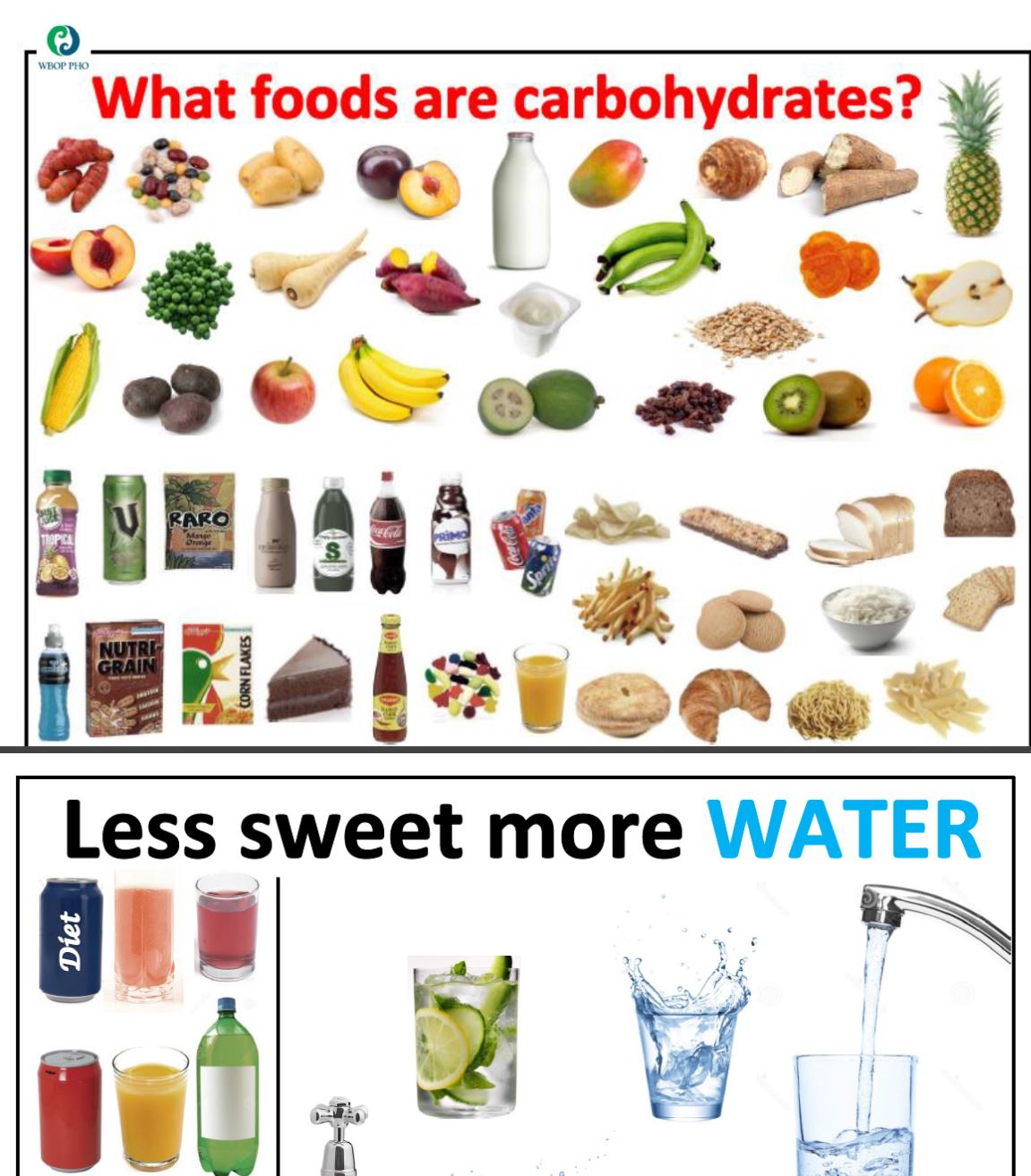The key to losing weight is to have realistic expectations, follow a healthy, balanced diet and exercise regularly. Introduce changes to your diet and exercise regime slowly so you can stick to them.
Weight loss is most successful when self-management, behavioural, and ongoing support strategies are used together. You could start by talking to a health professional about wanting to lose weight and being honest about what and how you currently eat, how much exercise you do, and any diets you have tried in the past. You can also talk about any things that get in the way of eating healthily (eg, the cost of and availability of healthy food) and exercising (eg, pain and other health conditions). They can help you to make a sensible plan for losing weight.
Getting support from whānau and friends will also help support you to stick to your plans – they can help to celebrate your achievements and may even lose some weight alongside you.
Having realistic expectations
To stick with a healthy lifestyle, the changes you make need to be ones you can maintain in the long term. Start with small steps, such as limiting the number of times a week that you buy takeaways. If you often have takeaways, aim to cook 4 nights a week and include vegetables. Instead of having a biscuit with your cup of tea, have a piece of fruit instead.
Always combine changes to your eating pattern with an increase in physical activity such as going for a 10-15 minute walk on your lunch break and slowly increasing this amount week by week. Once you have got the hang of the first few goals and your weight has started to drop, you can add in some more goals but be realistic about how much you can do at once.
A realistic weight loss for most people is around 0.5 kg per week. Some people may lose more than this at the beginning but after a few weeks this should reduce and if you are losing too much weight it will likely be fluid and muscle mass loss rather than body fat.
Weight loss on its own for some people can be a poor measure of total fat reduction (and resulting health improvements), so try not to focus only on the numbers on the scales. Instead, think about how your clothes feel, how your energy levels are improving and maybe how you are noticing a change in your mood. Take compliments from others who see the positive changes and don’t forget to compliment yourself for the progress you are making!
In summary, here are some simple realistic ways to get started:
- Cook at home more often. Include meals made from minimally-processed ingredients such as vegetables, meat, eggs, fish, whole grains and legumes.
- Choose fruit or water instead of sugar-sweetened snacks or drinks.
- Minimise the amount of sugar consumed in tea/coffee or sugar-sweetened drinks.
- Aim to move daily. Start by walking at least 10-15 minutes per day.
Eating well
Many people today eat too many processed and takeaway foods. These foods can be high in fat, added sugar and salt, and are not part of a healthy diet. Losing weight, and keeping it off, is much easier with a balanced diet consisting of fruits and vegetables, grain foods (rice, pasta, bread and cereals), protein sources (legumes, eggs, nuts and seeds, fish, poultry and lean meat) and low-fat milk and milk products.
Long term, healthy habits can result in better weight control than fad or ‘crash’ diets that are hard to stick to. ‘Crash’ diet programmes, such as those that replace meals with shakes, are generally not recommended without medical supervision as they can leave you feeling permanently hungry and missing out on important nutrients for health.
The best way to lower your energy intake is to cut down on foods that are high in fat, refined (processed) carbohydrates and added sugar. Foods with plenty of fibre such as wholegrain bread and salads will help you avoid hunger without piling on the calories.
You can delay meals if you are not hungry or save a portion for later, but don’t get over-hungry as this can result in choosing unhealthier options that are quick and instantly satisfying. Try to plan your meals so that you have healthy food available when you need it throughout the day.
Alcohol is also high in calories and can contribute to fat around the waistline – this is the dangerous fat that can affect your liver and future risk of diabetes. So limiting alcohol can help with weight loss and lowers the risk for alcohol-related ill heath. Another problem with alcohol is that it increases the tendency to snack.
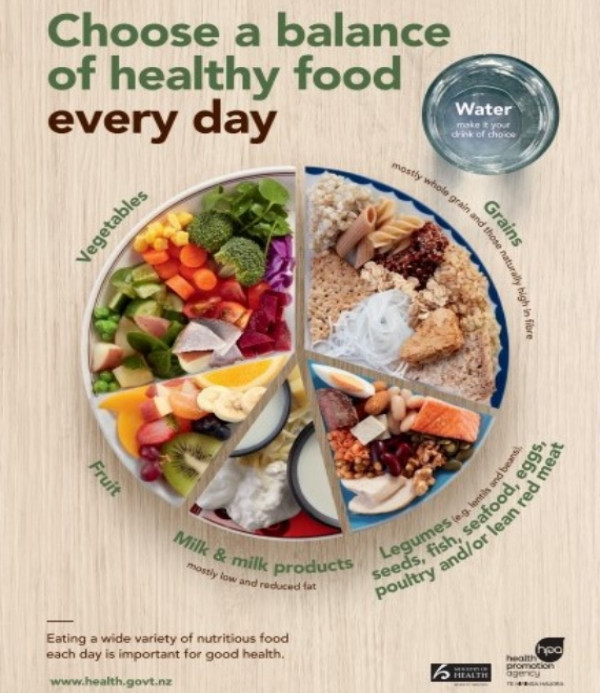
Image credit: Ministry of Health, 2020
The eating guidelines provided by the Health New Zealand | Te Whatu Ora(external link) recommend the following:
1. Enjoy a variety of nutritious foods every day including:
- plenty of vegetables and fruit
- grain foods, mostly whole grain and those naturally high in fibre
- some milk and milk products, mostly low and reduced fat
- some legumes, nuts, seeds, fish and other seafood, eggs, poultry and/or red meat with the fat removed.
2. Choose and/or prepare food and drinks:
- with unsaturated fats instead of saturated
- that are low in salt (sodium); if using salt, choose iodised salt
- with little or no added sugar
- that are mostly ‘whole’ and less processed.
3. Make plain water your first choice over other drinks.
4. If you drink alcohol:
- keep your intake low
- stop drinking alcohol if you could be pregnant, are pregnant or are trying to get pregnant
- when breastfeeding, it is best to be alcohol-free.
5. Buy or gather, prepare, cook and store food in ways that keep it safe to eat. Take extra care to protect yourself from food-borne illness if you are pregnant.
6. Encourage, support and promote breastfeeding.
Be mindful when you are eating
- Take your time and notice what you eat – be “mindful”
- Eating fast, on the run and while distracted can mean you eat more food than you realise or need.
- It takes 30 minutes for your stomach to tell your brain it’s full. Slow down and wait for meals to digest before having more.
- Sit at the table, with friends or whānau.
- Minimise distractions such as TV, laptops and phones, and enjoy your food.
- Some people find it helpful to write down what and how much they eat – and how they feel before and after. You could keep a paper food diary or there are lots of apps to use on your smart phone to collect this information.
